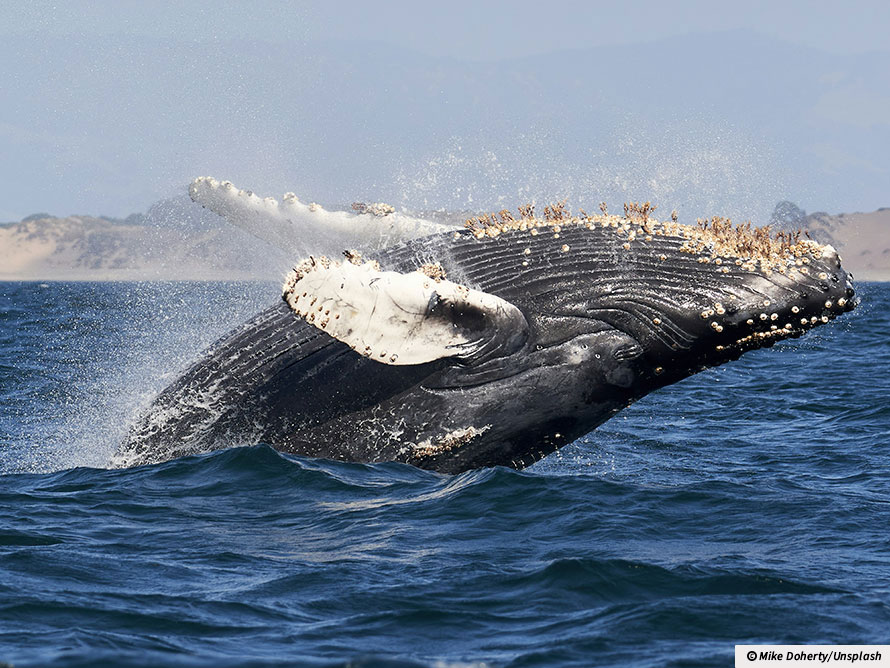Could they save the world? Researchers discover the secret of the whale’s soothing song, as scientists warn that our underwater antics may soon drown them out for good.
Eureka! Mystery of how whales sing is solved
 Orca-stra: Some whales have evolved a specialised "voice box" which allows them to sing underwater.
Orca-stra: Some whales have evolved a specialised "voice box" which allows them to sing underwater. Glossary
Captivating - Very interesting or appealing.
Enigma - A coding device used by Germany in World War Two, thought to be impossible to crack. It was first decoded by Polish engineers in the 1930s. In 1941, Alan Turing developed a machine that was capable of cracking even its tightest codes.
Symphony - A long piece of music for an orchestra.
Migrate - Biologists believe whales leave their polar feeding groups to give birth in the tropics away from their usual predators. Recent research suggests they may also migrate to molt, protecting their skin in warmer waters.
Desolate - Very sad, or a place that is bleak and empty.
Melancholy - A feeling of sadness.
Sonar - A way to find objects underwater by sending out sound pulses and measuring how they return after being reflected by items.
Whaling - The hunting of whales.
